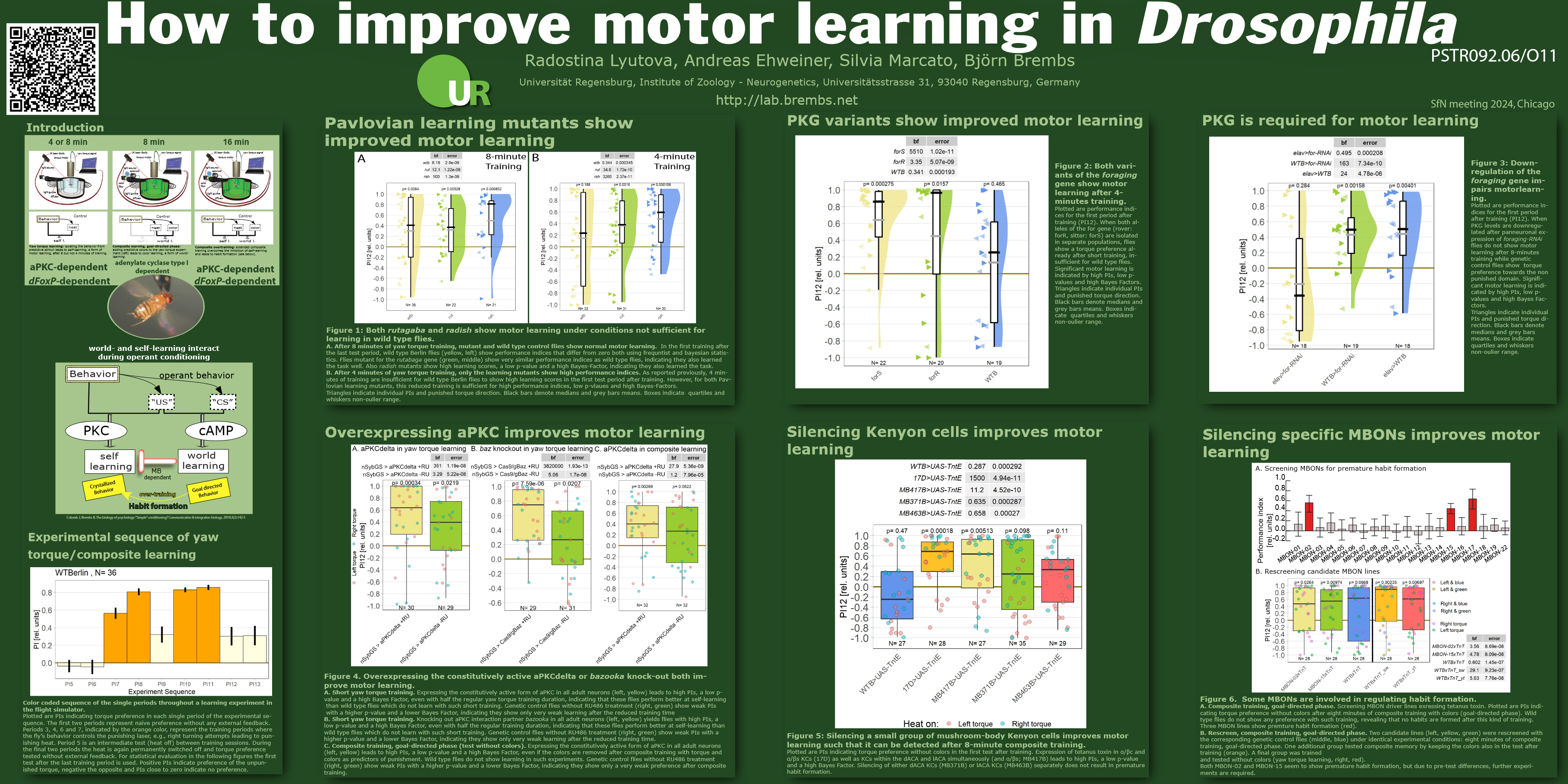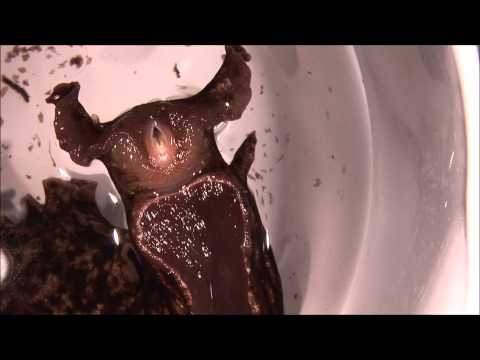“Sshh, don’t tell anybody” Professor Troy Zars shushed me: “I have them!”. He was of course referring to fly stocks mutant for the CG16899 gene, now known as FoxP (forkhead box P). While this after-hours discussion took place in 2007 at the International Congress of Neuroethology in Vancouver, Canada, the origin of the ensuing collaboration can be traced back to a 1957 book entitled “Verbal Behavior” (Skinner, 1957). In this tome, B.F. Skinner proposed that language might be acquired through an operant learning process: the first more or less random utterances (babbling) of infants are rewarded by their parents and correct utterances more so than incorrect ones. Moreover, just as imitating any movements, the ability to correctly imitate the words of others might be inherently rewarding. Eventually, the infant learns to correctly speak the words and sentences required to communicate their needs and affections.














